Is “Spider-Man: No Way Home” Really That Good?
Warning- the following review contains spoilers for “Spider-Man: No Way Home.”
Spider-Man: No Way Home is still breaking box office records. As of Jan. 31, the movie has grossed $1.7 billion worldwide, making it the sixth highest-grossing film of all time. But does it really deserve this acclaim? Does it deserve to be ranked alongside the MCU’s best entries and my favorite movie of all time, Titanic? Is No Way Home’s success a testament to its quality or does it simply stem from nostalgia? Well, let’s evaluate.
For those of you who haven’t seen the movie, Spider-Man: No Way Home features Tom Holland’s Peter Parker as he tries to navigate a world that knows he’s Spider-Man. But when he decides he can’t handle the double life, he enlists the help of Dr. Strange. Together, the two conjure a (very plot-convenient) spell that will make “the world forget he is Spider-Man”…or something along those lines — it’s not consistent at all. But of course, Peter meddles with it, the spell fails, and our “dynamic duo” accidentally opens another facet of the multiverse.
I’m not a big fan of the multiverse (see https://www.bvswnews.com/opinion/2021/09/23/why-the-mcu-shouldve-stopped-after-endgame/ for more details), but I have to admit, it is cleverly used in Spider-Man: No Way Home. It allowed actors from Tobey Maguire and Andrew Garfield’s Spider-Man movies to reprise their iconic roles in the MCU. But while the mega-crossover can be admired for its spectacle, it couldn’t save No Way Home from its narrative and structural problems.
But before I start criticizing the film, let’s focus on its positives: Andrew Garfield (yes, he and Maguire are in it…shocker) steals the screen. The scene when he catches MJ is fantastic. His performance is widely regarded as the movie’s best and has piqued interest in another Spider-Man movie starring him. Willem Dafoe (Green Goblin) and Alfred Molina (Doc Ock) are also standouts. Defoe hasn’t missed a beat, and he killed it (in a good way) as No Way Home’s primary antagonist. Psychotic as ever; 10/10. And Molina nails his redemption arc, even with his limited screen time.
No Way Home also makes good use of Dr. Strange’s powers. All action sequences involving him are brilliantly choreographed. Cinematography and editing is pretty good. There’s nothing spectacular to note though. The script, on the other hand, leaves me with plenty to discuss.
Massive crossover events are nothing new for the MCU, but Spider-Man: No Way Home poses a unique set of problems. Maguire/Garfield fans aren’t necessarily MCU fans, and MCU fans aren’t necessarily Maguire/Garfield fans. In order to appeal to both audiences, writers had to develop a script with the perfect balance of Maguire/Garfield fan-service. (Too much and the movie won’t make sense to MCU fans, too little and the Maguire/Garfield fans won’t be interested.) This ratio is where my problems lie.
With a couple of revisions, No Way Home could’ve been one of the best MARVEL, if not comic-book, movies of all time. But the version we got focuses too much on cameos and call-backs to deliver a coherent film. This works for now — people loved this movie in theaters — but I don’t think it’ll hold up on rewatches.
The character’s motivations don’t make any sense. Dr. Strange is a famously careful (for lack of a better word) person. In previous MCU movies, he encourages other characters to be patient and think before they act. So it makes no sense that he’d conjure a potentially world-ending spell for the sake of one teenager.
Aunt May, Peter’s guardian, also makes out-of-character decisions. Throughout almost every Spider-Man franchise, including Holland’s, Aunt May’s top priority is keeping Peter safe. But within minutes of meeting Norman Osborn (Green Goblin’s other half/well-meaning scientist), she decides Peter needs to “fix” the villains instead of sending them back to their own universes. Encouraging him to do this not only puts Peter’s life at risk, but also leads to her own death. RIP.
These inconsistencies make later scenes feel hollow. Aunt May’s death holds no weight because the events/her motivations leading up to it feel forced and disingenuous. The movie’s ending, where Peter Parker allows everyone (including his family and friends) to forget about him, also falls flat because of inconsistencies with Dr. Strange and his magic.
To be clear, Spider-Man: No Way Home isn’t a bad movie — not by any stretch of the imagination. It’s an average-to-good MCU movie, but not good enough to be number six on the highest-grossing film list. I’m very interested to see if No Way Home falls out of public favor as younger generations lose attachment to the Maguire/Garfield movies. But maybe it’ll hold up, who knows?
What do you think? Let me know in the comment box below.


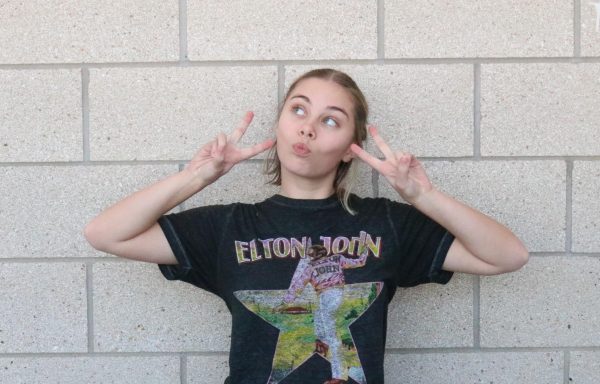


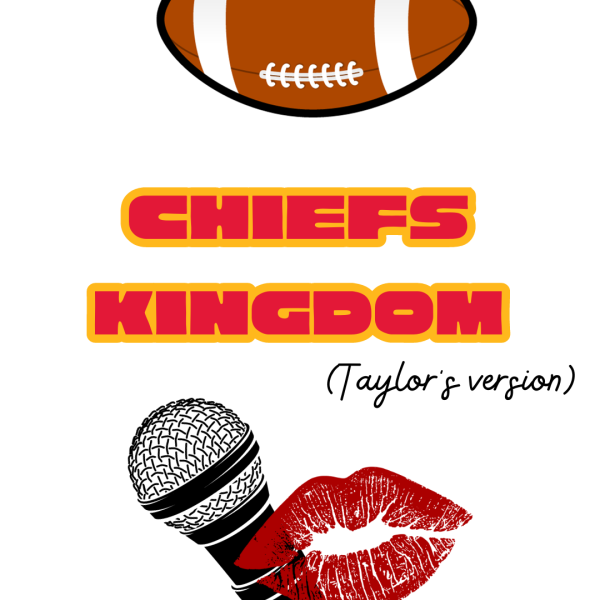
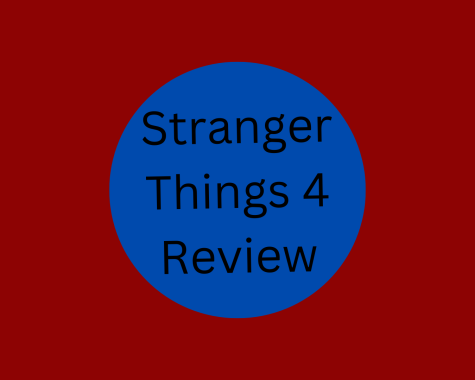


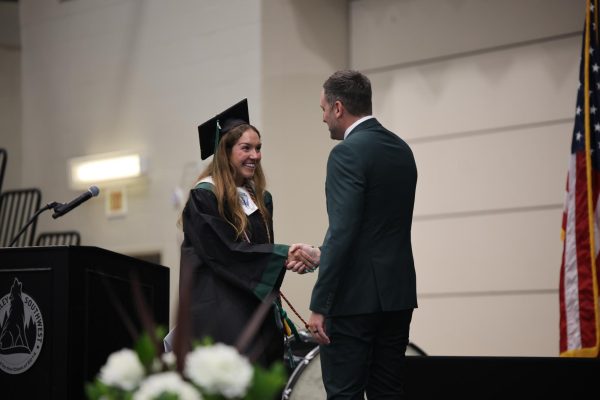
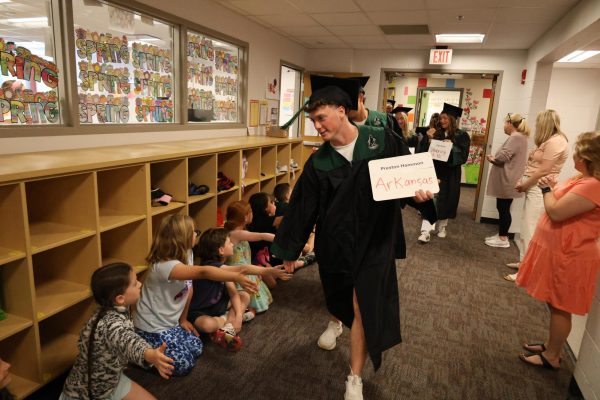


Stephanee Smith • Feb 8, 2022 at 8:19 pm
Loved the article. Andrew Garfield is the best part of the movie. The nostalgia is cool